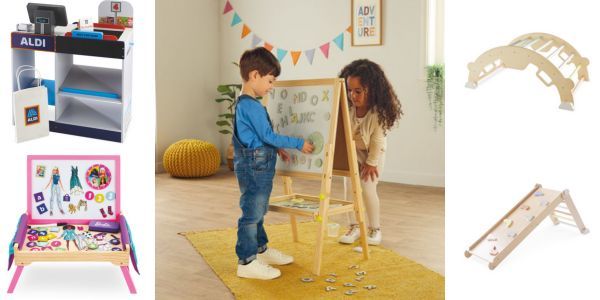

On Tuesday, new advice from the Royal College of Midwives was released saying that new mothers must be respected if they decide to bottle feed their new baby. As expected, this raised a lot of opinions from parents, one who had been made to feel guilty and others which said that support must still be offered.
Before you read on, I have done both. Archie was breastfed, no formula passed his lips. I only managed to exclusively breastfeed Henry for about a week and then he was slowly phased onto formula and you know why?
LACK OF SUPPORT.
It’s no secret that Britain has one of the lowest breastfeeding rates in the country. In 2016, statistics were released to say that 81% of mothers had tried breastfeeding but only 34% were still feeding at six months and that dropped even further to 0.5% who were breastfeeding at 12 months. And while we say “fed is best”, there’s no denying that breastmilk is the best thing for our babies to have and the new guidelines still state that babies should be exclusively fed it for the first six months of their lives. However, that does not mean that women who can’t or simply don’t want to breastfeed should be made to feel like a failure.
For me personally, I feel like everyone should give it a go. I know that as I’m typing this that the idea of giving Archie my boob to feed from feels odd and almost taboo yet he was fed for 18 months straight from the source. So I completely understand that while you’re not feeding, the feeling of actually doing it is weird. But nothing compares to those moments of feeding your baby yourself, with milk you’ve made. And I do feel like midwives should offer the information before you give birth and afterwards so you’re fully informed and able to give it a go yourself. Then if you choose to continue, decent breastfeeding support should be available to you when you’re home with your baby.
When I brought Henry home after a traumatic induction and emergency section, I knew I wanted to continue to breastfeed but my midwife was no help at all. Instead, I contacted my La Leche League worker who was only allowed to come out to me up until Henry was six weeks old. She came twice, offered me some nipple shields and that was it. My health visitor came out to us a handful of times and then disappeared off the face of the earth. I know the NHS have been struggling for a while but as a young, first time mum, I wanted some kind of professional support, to tell me that what I was feeling was normal.
No one is told about the cluster feeding at 4 weeks old so they see it as they can’t be producing enough milk to fill up their baby. I did. He was constantly attached to me and I was worried that I was underfeeding him. However, after doing my own research when I was pregnant with Archie almost 2 years on, that I realised that that stage was 100% normal. You’re not told about the after pains, the fact that your uterus contracts for the first few feeds or that day 5 is toe curlingly painful. Everyone keeps it a secret that when they get teeth, they’ll try and detach your nipple at multiple opportunities and that nipple twiddling is a thing. Oh and the biggest surprise of all? You become that dehydrated that your become severly constipated and you feel like you’re giving birth all over again!
It’s no wonder that with all of these things, women give up because it is a lot of work especially with no support. And while I do agree that the midwives need to stop with the guilt trip, all health visitors need to be supportive as well. You get signed off from the midwife at 10 days (as long as all is well) and then it’s down to your health visitor. She is the one who is going to see you through those first weeks, 6 months, first year.
If our breastfeeding rates in this country are going to improve, our health services need to be more informative and supportive and we as women need to do our own independent research and not rely on the pot luck of midwives and health visitors.


.png)







